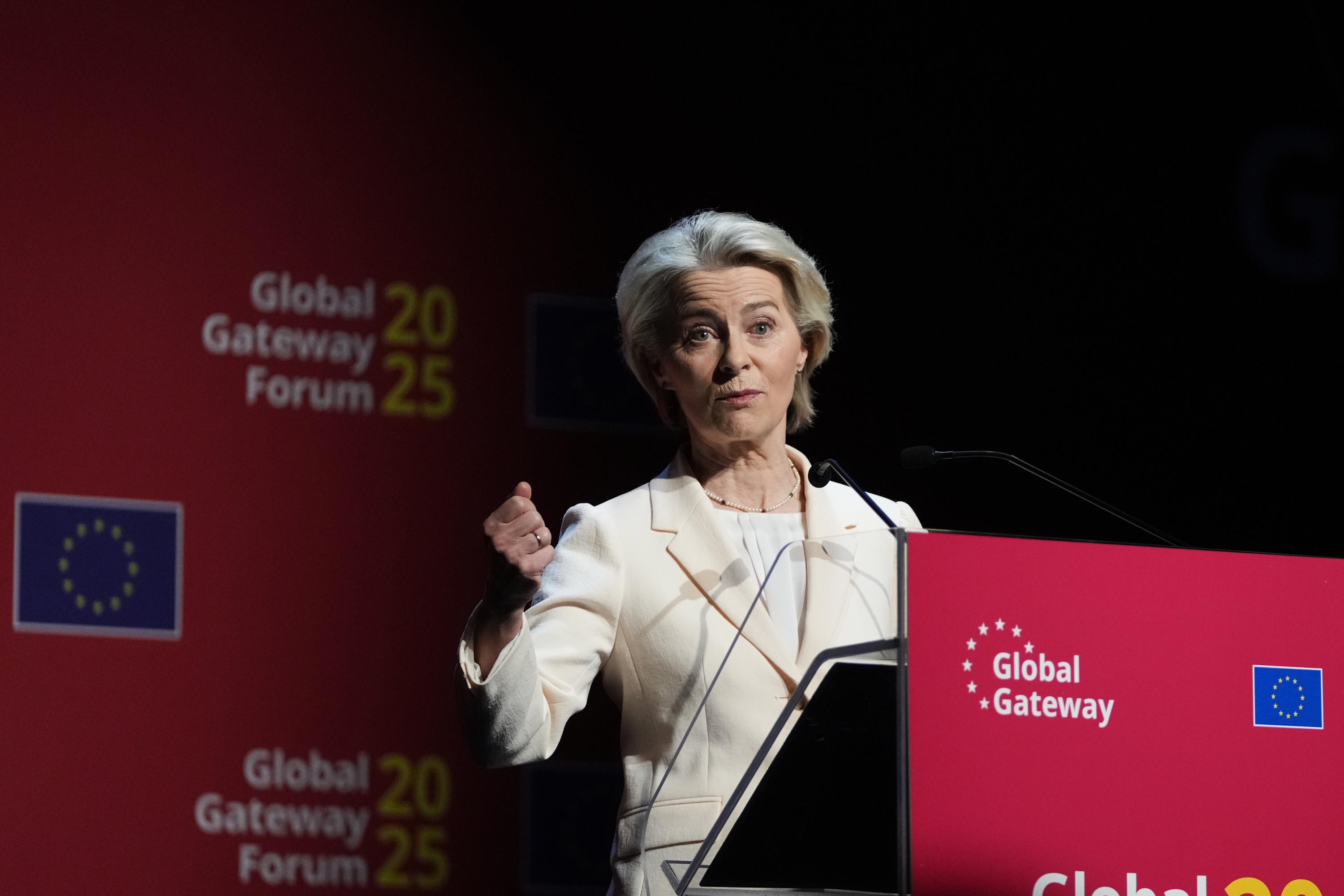The European Union has not been present in the agreement between Israel and Gaza. It has not been involved, has not been invited to do so, and has not wanted to be either. Brussels' position has been very restrained in the conflict, largely due to pressure from Germany but also due to the stance of the Commission's President, Ursula von der Leyen, whose closeness to the Jewish people is public and well-known.
The senior German official announced sanctions against the Benjamin Netanyahu government in September, when the conflict had already escalated, catching many in Brussels by surprise. However, the measures, in any case, had very little impact and limited ambition. Sanctions against violent ministers and settlers require unanimity among capitals that does not exist, and the partial cancellation of the trade agreement with Israel requires a qualified majority that also seems difficult to achieve.
Brussels has also been very focused on its own problems, which are many: the "hybrid war" it is engaged in with Russia, seeking financial support for Ukraine, or trade negotiations with Trump. For all these reasons, the agreement between Israel and Hamas is applauded, of course, and support is offered as much as possible and necessary for reconstruction tasks. But it is also a great relief and a way to eliminate a headache that allows all attention to be focused on these internal issues.
"I welcome the announcement of an agreement to ensure a ceasefire and the release of hostages in Gaza, based on the proposal put forward by the President of the United States," Von der Leyen posted on her X social media profile.
"I applaud the efforts of the President of the United States, as well as those of the United States, Egypt, Qatar, and Turkey, for reaching this point. Now, the agreement must be respected and implemented," stated the President of the European Parliament, Roberta Metsola. The recognition of Donald Trump's role in the agreement is clear in Europe.
Von der Leyen also acknowledged the "diplomatic efforts" of "Qatar, Egypt, and Turkey," and stated that "now all parties must fully comply with the terms of the agreement." "All hostages must be safely released. A permanent ceasefire must be established. The suffering must end," she continued, before outlining Brussels' restrained position. "The European Union will continue to support the rapid and safe delivery of humanitarian aid to Gaza. And when the time comes, we will be ready to assist in recovery and reconstruction," she said.
The response from the High Representative of the European Union for Foreign Affairs and Security Policy, Kaja Kallas, has been more timid, or at least shorter in length: "The agreement on the first phase of the peace agreement for Gaza marks a significant breakthrough. This is an important diplomatic achievement and a real opportunity to end a devastating war and release all hostages. The EU will do everything in its power to support its implementation." That's all.
The position of the EU's foreign policy chief has been very complicated in this matter. Because her ability to act has been very limited by Von der Leyen, who also announced the measures in the first person but left Kallas with the responsibility of carrying out the actions and the obligation to bear the consequences. At the same time, her predecessor in the role, Josep Borrell, has made numerous public criticisms of the EU's attitude. This is the scenario that the former Estonian Prime Minister faces throughout the rest of her term.
